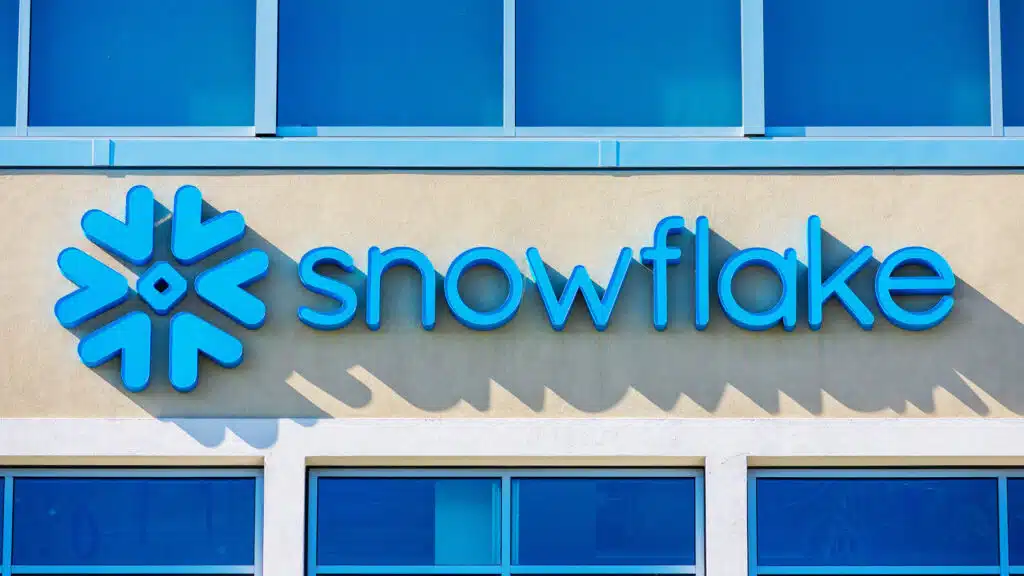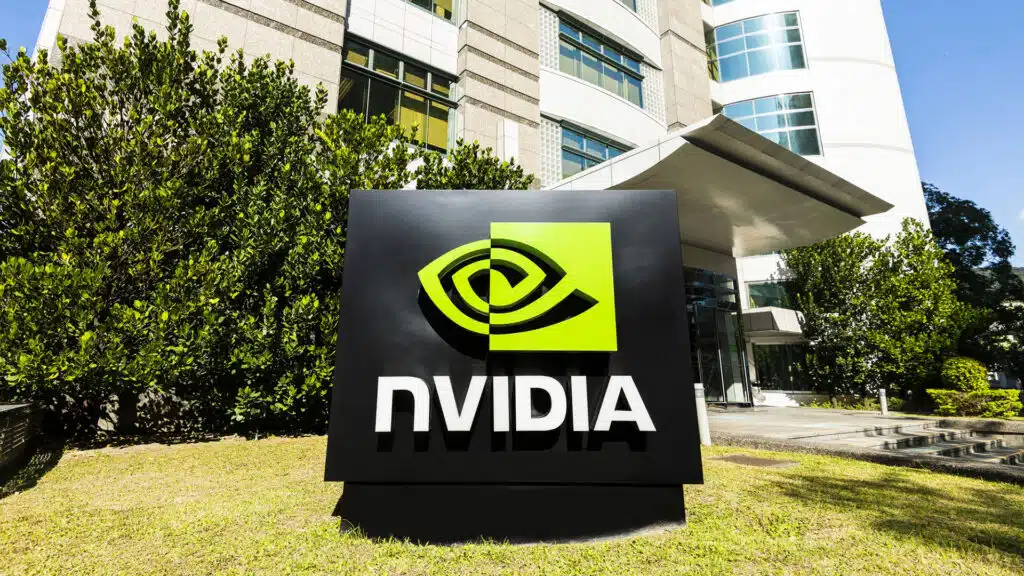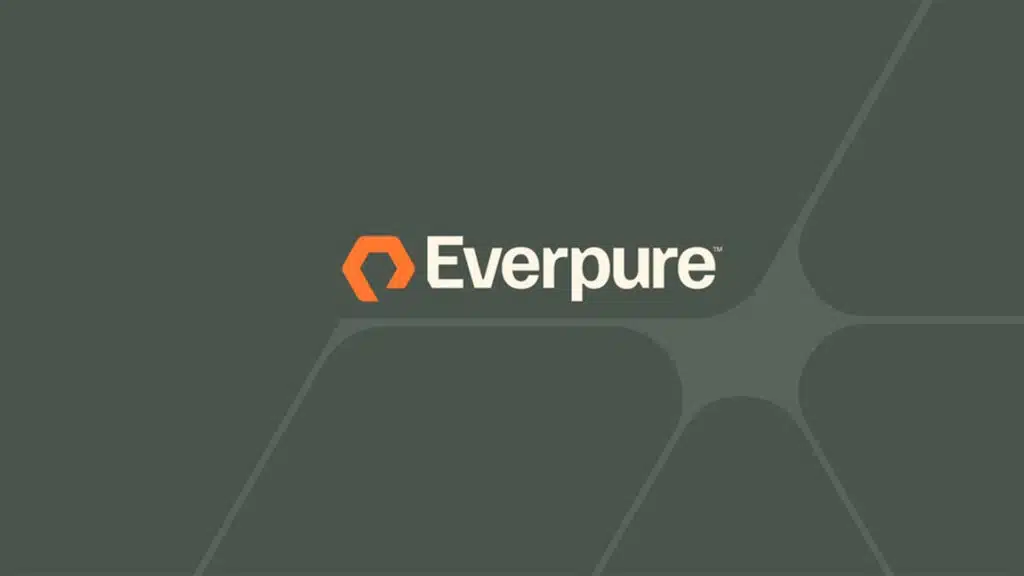Analyst(s): Brad Shimmin
Publication Date: April 10, 2025
At Google Cloud Next 2025, Google showcased significant advancements, infusing and integrating its core database products with GenAI to empower agentic AI development. These updates include new tools, specialized agents for data tasks, and enhanced features like natural language querying and broader vector search availability, aiming to streamline the creation of data-driven agentic workflows for developers and data professionals.
What is Covered in this Article:
- New generative AI features within AlloyDB for PostgreSQL will help data professionals build agent-ready data views without compromising privacy and security requirements.
- With Gen AI Toolbox for Databases, which was built in partnership with LangChain, Google intends to connect GenAI applications to several Google data sources efficiently.
- Google confirmed that it would incorporate the popular model context protocol (MCP) into its new Agent Development Kit, which will help developers integrate external data sources into their agentic solutions.
- A new capacity to store, process, and analyze unstructured data within BigQuery brings data lake functionality to Google’s mature data warehouse platform.
- With three new data agents, Google is now tailoring GenAI solutions to support specific data professional personas and tasks (e.g., building data pipelines, generating metadata, and data science co-development).
- Google announced that users of its new Agentspace user experience can now search structured data within AlloyDB and Looker. This integration will leverage both Gemini reasoning and Google search capabilities.
The News: Held once again in Las Vegas, Google’s preeminent annual user conference for enterprise IT practitioners, Google Cloud Next 2025, featured a dizzying array of announcements pointing toward a single opportunity—agentic AI. As Futurum noted in its recent report entitled “Agentic AI Platforms Powering the Next Era of Work for Enterprise – Executive Summary,” technology providers like Google are currently aiming at complex GenAI-powered solutions capable of automating traditionally automation-resistant workflows. This trend hinges upon several large language model (LLM) innovations that have emerged over the last twelve months, including longer context windows, more capable smaller models and models capable of innately reasoning through complex tasks, structured data formats such as JSON, and agent-specific development frameworks.
Already in possession of frontier models capable of reasoning and equipped with long context windows as well as an underlying data platform covering the entire data, AI, and analytics solution lifecycle, Google took to the stage during Google Cloud Next 2025, intending to press these advantages through improved integration between supportive platform services (most notably connecting its key databases, AlloyDB and BigQuery, with its emerging agentic AI tooling) as well as new products and features that build directly on top of the company’s GenAI capabilities.
At Google Cloud Next, Google Brings its Databases to Bear on Agentic AI Opportunity
Analyst Take: Google Cloud has made significant strides in positioning its database and analytics offerings as fully supportive elements of its broader cloud platform play over the past year. As with most players in the enterprise space, that play, which previously hinged on generative AI (GenAI), has now moved on to embrace agentic AI as its primary go-to-market message. Key to this strategy is the enterprise “builder,” be that full-stack developer, data scientist, or business user with more than four million developers building its Gemini family of large language models (LLMs) and with a purported twenty-fold increase in the use of Vertex AI, the company has built up a solid foundation to support the current fervor for agentic AI.
What Google lacked was the ability to fully leverage its numerous data and analytics capabilities in a natural and coordinated manner, both for builders seeking to access and leverage Looker, AlloyDB for PostgreSQL, BigQuery, et al. and for data professionals working directly with those solutions.
During Google Cloud Next 2025, the company addressed both challenges in force. For example, to help agentic AI builders leverage its various database offerings, Google now claims support for vector search across AlloyDB, Bigtable, Cloud SQL, Firestore, Memorystore, and Spanner. With AlloyDB in particular, Google has made tremendous headway since introducing vector support in 2024, trumpeting a ten-fold improvement in vector search query execution compared with standard vector support in PostgreSQL. On top of this, the vendor announced during the show what it terms the “next-generation of AlloyDB natural language.” There are a number of moving pieces here, which together Google hopes will make AlloyDB the go-to relational database for agentic and “traditional” AI apps. At first glance, this ability to use natural language to query a database has become a common practice in the GenAI era. However, with this implementation in AlloyDB, Google has adopted a DataOps-savvy approach, allowing database administrators to define parameterized, secure views to better control the data that natural language queries can access.
Google announced and released several full-fledged AI agents to help data professionals working directly with Looker, AlloyDB, BigQuery, et al.
- Looker conversational analytics – In preview, this agent leverages a semantic layer to enable advanced data analysis using natural language. Created in conjunction with Google’s DeepMind, it emphasizes explainability by exposing model thinking traces.
- Data science agent – Embedded within Google’s popular Colab notebook (Futurum’s top-rated AI tool), this agent can automate the full model development lifecycle, spanning feature engineering, model selection, and training.
- Data engineering agent – Available in BigQuery, this set of agents helps data professionals build data pipelines, prepare data, detect anomalies, and generate metadata.
Searching for customer value opportunities
Given these and many Google Cloud Next 2025 announcements specific to AI, security, and infrastructure, Google clearly prioritizes rapid innovation (e.g., adopting a startup mentality), something the vendor spoke about at length during Google Cloud Next 2023 at the outset of the GenAI craze. Google’s emphasis on creating a fully integrated AI hypercomputer reflects this worldview. It proves that it knows how to deliver innovation in a north/south capacity, beginning with the announcement of its 7th generation tensor processing unit (TPU) and ending with the integration of the Gemini family of models across its collaborative suite. Likewise, bringing its numerous database and analytics assets to bear on the agentic AI opportunity demonstrates the company’s desire and ability to create east/west integration within that highly integrated AI hypercomputer.
The challenge for all hyperscalers, not just Google, rests in their ability to not only garner the attention of enterprise builders but to translate that interest into positive business outcomes. With agentic AI in particular, market interest, while high, has not yet materialized in terms of customer deployments. Most agentic AI solution demonstrations from the broader technology vendor community have appeared as a rough sketch rather than a finished masterpiece, underscoring that speculation has yet to give way to operationalization. In recognition of this challenge, Google cited several supportive statistics specific to agentic AI, claiming that customers have built more than 1,000 AI agent use cases and that more than 50 enterprise customers now support its fledgling Agent2Agent interoperability protocol.
To put a face to some of these statistics, Google welcomed several customers to the stage throughout Google Cloud Next, giving each the opportunity to showcase how Google’s AI, data, and analytics solutions have helped them deliver value. Those customers included Freshfields, Intuit, Manipal Hospitals, Lloyds Banking Group, Reddit, Papa Johns, Verizon, Seattle Children’s Hospital, and Samsung. Most of these stories centered on traditional GenAI use cases such as document understanding, image/video generation, customer chatbots, etc., and did not demonstrate wholly agentic AI implementations. For example, Google customer Radisson Hotel Group showed how it had improved marketing campaign productivity by 50% as well as revenue by over 20%, by using BigQuery to fine-tune Gemini models.
However, it is safe to say that these customers were well-situated to follow Google into agentic AI, building on their established experience with the company’s AI hypercomputer. With so many new tools, such as Google Agentspace with AlloyDB and AlloyDB AI query engine at hand, Futurum fully expects to see many of these and perhaps other Google customers showcasing fully agentic solutions during next year’s Google Cloud Next.
What to Watch:
- How will Google’s deepening relationship with Oracle play out over the next twelve months? Now that Google has tied BigQuery, Gemini, and Vertex AI with Oracle Database running on Oracle Cloud Infrastructure (OCI) and with this setup running within more than twenty Google data centers globally, it appears that Google and Oracle see a symbiotic pairing of database and AI capabilities.
- The role of structured data in supporting agentic AI processes appears poised to explode, not just for developers but also for business users. For example, with an update to its new, self-service AgentSpace user experience, customers can now pull in data stored in AlloyDB, blending real-time, structured, and unstructured data together without any heavy lifting. Futurum expects to see similar, deep points of integration for structured data in supporting AI agent creation.
- Contrary to popular opinion, human developers matter, driving significant infrastructure investments in the enterprise. Understanding this, Google has extended a significant olive branch to the huge MongoDB developer ecosystem with the announcement of Firestore with MongoDB compatibility. This will give MongoDB developers some interesting opportunities to leverage Firebase and the Google Cloud Platform, gaining, for example, single-digit milliseconds read latency performance for JSON-centric agentic AI solutions.
- How should customers view Google BigQuery opposite rival data warehouses from Snowflake, Teradata, IBM, and other database providers? In the past, BigQuery was viewed as being tied too tightly with Google Cloud and missing some flexibility in handling disparate workloads. However, with new capabilities to unify disparate data types and further leverage Google’s underlying platform, BigQuery is picking up steam among customers as an autonomous data platform that can unify disconnected data and more actively support AI use cases.
The complete press release on Google’s numerous database-related announcements from Google Cloud Next 2025 can be found on the company’s website. Likewise, a press release specific to analytics announcements can be found online as well.
Disclosure: The Futurum Group is a research and advisory firm that engages or has engaged in research, analysis, and advisory services with many technology companies, including those mentioned in this article. The author does not hold any equity positions with any company mentioned in this article.
Analysis and opinions expressed herein are specific to the analyst individually and data and other information that might have been provided for validation, not those of The Futurum Group as a whole.
Other insights from The Futurum Group:
Agentic AI Platforms Powering the Next Era of Work for Enterprise – Executive Summary
Does Salesforce and Google’s Partnership Raise the Bar for AI Agent Capability?
Author Information
Brad Shimmin is Vice President and Practice Lead, Data Intelligence, Analytics, & Infrastructure at Futurum. He provides strategic direction and market analysis to help organizations maximize their investments in data and analytics. Currently, Brad is focused on helping companies establish an AI-first data strategy.
With over 30 years of experience in enterprise IT and emerging technologies, Brad is a distinguished thought leader specializing in data, analytics, artificial intelligence, and enterprise software development. Consulting with Fortune 100 vendors, Brad specializes in industry thought leadership, worldwide market analysis, client development, and strategic advisory services.
Brad earned his Bachelor of Arts from Utah State University, where he graduated Magna Cum Laude. Brad lives in Longmeadow, MA, with his beautiful wife and far too many LEGO sets.







